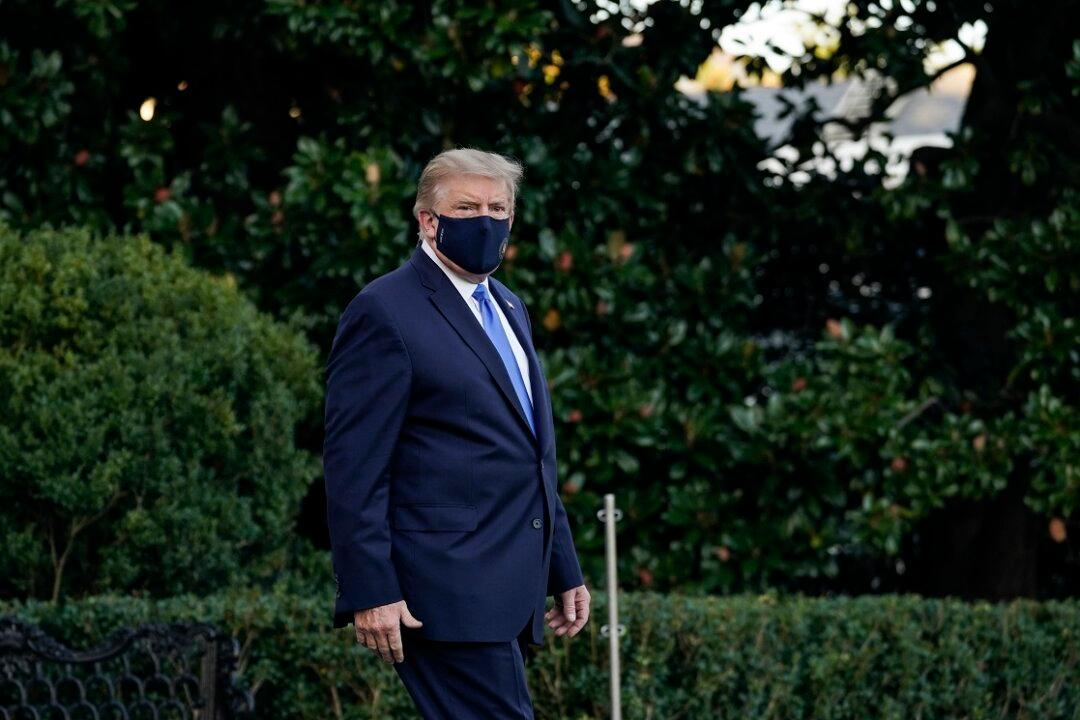An emergency room doctor says it is a positive sign that President Donald Trump has had no fever for several days after being infected with the CCP virus.
“So what we’ve seen consistently is that people that have more significant illness with COVID have persistent fevers as part of the body’s defense to treat the virus and when the body is not responding well, the fever has been persisting longer,” Dr. Jake Deutsch, MD and chief executive officer at Cure Urgent Care, told The Epoch Times. “The fact that he [Trump] has been afebrile, meaning without a fever, is very encouraging.”





